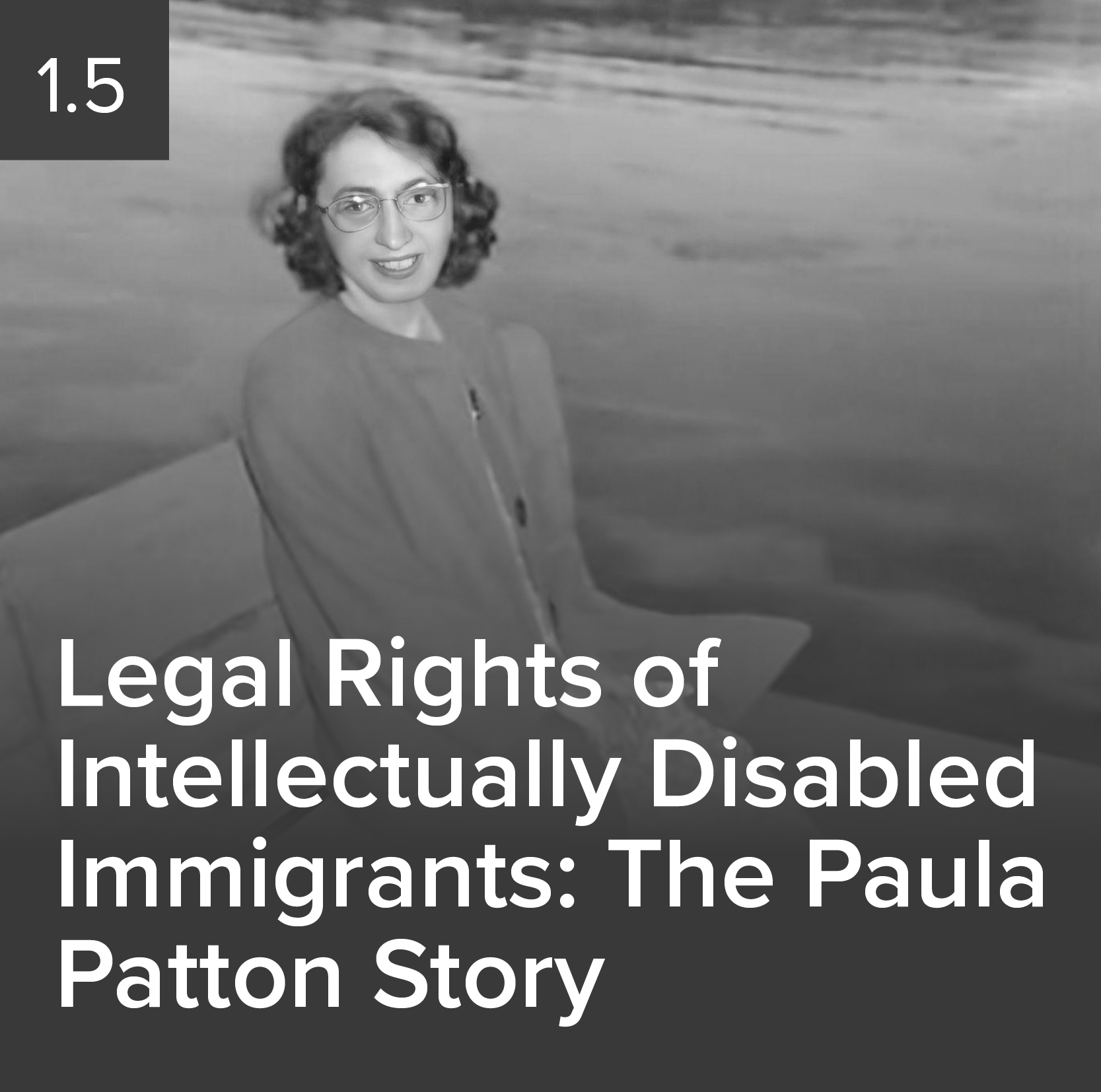#2440 Legal Rights of Intellectually Disabled Immigrants: the Paula Patton Story
Presented on June 23, 2022
1.5 CLE Credits: Areas of Professional Practice
Like so many tragic family separation cases today, this case, from upstate New York, received attention from the press and the legal community. It offers some insight into the larger consequences of both the 1924 Immigration Act and the political efforts to protect a small group of children from the consequences of that legislation. This program provides a microhistory of Paula Patton, a poor, intellectually disabled, nine-year-old child, who arrived at Ellis Island with her family in 1914. Judged by medical authorities as an “imbecile,” she was sent back but due to the outbreak of World War I and the closure of the sea lanes, her ship returned to port. She then entered the United States on bond.
Multiple attempts for her arrest and deportation followed over the next ten years. Appeals by community leaders to two U.S. Presidents, as well as litigation in the federal courts including the U.S. Supreme Court, thwarted deportation efforts time and time again. All the while, allies condemned her torment as “un-American.” In the end, Paula’s fate and that of others hinged on a single paragraph in the 1924 Immigration Act. Though her childhood was spent in Olean, her network of supporters included women in Buffalo. These developments occurred against the backdrop of widespread nativism and anti-Semitic sentiment, while the eugenics movement was at its height.
Rutgers Professor Emerita Janet Golden and Rhode Island attorney John T. Duffy analyzed this case in an article in the Journal of Social History. They will present their findings through an analysis of legal cases, upstate New York political activism, and the history of disability. Sources to be discussed include federal court cases, Presidential correspondence, Congressional hearings, and accounts in the local press. Any discussion about the rights of persons with intellectual disabilities in the 1920s would be incomplete without addressing Buck v. Bell, 274 U.S. 200 (1927). The Honorable Eugene M. Fahey, the former judge with the New York Court of Appeals, will explain and provide context. Paula Patton’s niece and Buffalo native, former Philadelphia assistant district attorney Julie Patton Currie, shares her reflections on her family’s personal history.
Moderator: Sharon Nosenchuck, Esq., Chair, BAEC Human Rights Committee
Speakers:
John T. Duffy, Esq., Lawyer, Author, Marketing Consultant
Hon. Eugene M. Fahey, New York Court of Appeals (Ret.)
Janet Golden, Ph.D., Professor Emerita, Rutgers University
Julie Patton Curie, Esq., Former Philadelphia Assistant District Attorney, Paula’s niece
This program is co-sponsored by the BAEC Human Rights Committee and the Olean Historical and Preservation Society.
Available format: OnDemand, CD, DVD
OnDemand: $45 members (Promo Code: member 2017), $60 Non-members
| CLE Credit | Areas of Professional Practice |
|---|---|
| Credit Hours | 1.5 |
| Format | Audio Disc, OnDemand, Video DVD |



